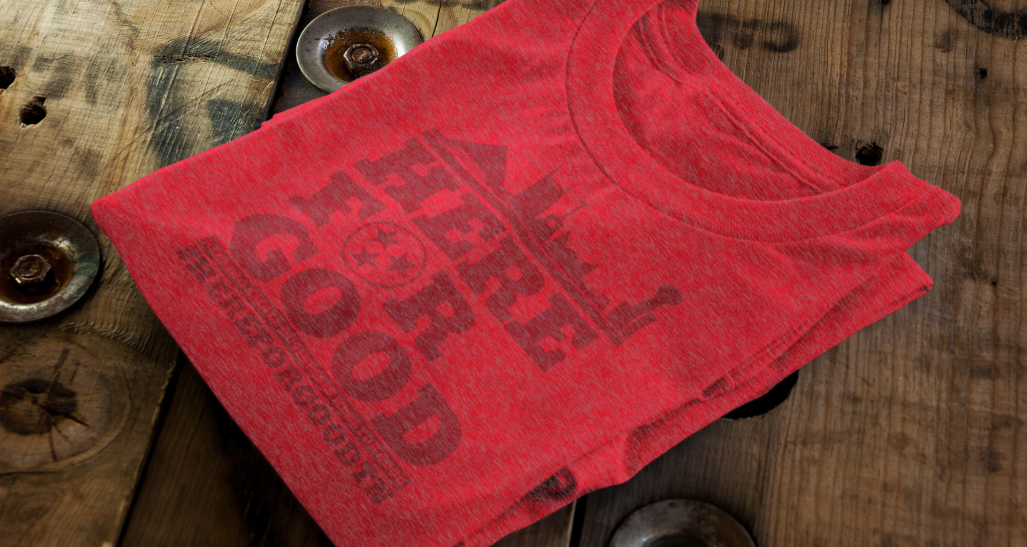
It was an unexpectedly defining moment: On March 17, Rocket Shirts in Murfreesboro, Tenn., made $7.50. The custom apparel company, which prides itself on delivering products in days rather than weeks, typically saw business from events, conferences, sports teams and schools. And none of that was happening.
Founder Shelby Craig needed to get involved quickly. He texted his graphic designer about creating one shirt that could help numerous businesses struggling like his own. For every $20 shirt sold, $10 would go to a small business, and $10 would come back to Rocket Shirts to cover costs and keep the presses alive.
“On March 23 we launched, and decided to see what would happen,” he says. “It took us five days to raise $5,000 for small businesses, and we thought we were doing really well. It took us six days to raise $10,000 for small businesses, and six and a half for $15,000. And then within seven days, it was $20,000.”
As it turned out, he wasn’t alone; the rumblings of a national campaign were already underway. Tiny Little Monster’s Sloan Coleman had launched an effort in St. Louis (HereForGoodSTL) the week prior, but with a slightly different twist — multiple shirts for multiple businesses. Craig jumped in; along with numerous other screen printers nationwide, they’ve shared resources and strategies to maximize results. The new national goal is 50 screen printers, working with at least 50 businesses, printing 50 shirts in 30 days. As an industry, that would mean $1.25 million for small businesses. As for that momentum: “It’s all been very shocking,” Craig says.
Visitors to HereForGoodTN nominate the small business of their choice; the effort is ideally aimed at those with 10-15 employees, but there’s a range including solopreneurs. “We’re not discriminatory,” Craig says. “If you need help, you need help.” Payouts happen weekly; by April 29, more than $110,000 had been raised in that state alone.
Tiny Little Monster’s program has sold $140,000 in tees from its shop, donating 50 percent directly to the local economy with payouts every week of the campaign.
Craig envisions a day when business owners will be able to see people in the shirts and thank them. There also will be a celebratory gathering for merchants and supporters along the way; he already has funding lined up.
In the meantime, however, his takeaway was just to “do” rather than just “hope.”
“Our idea, as a company, is to do the thing that no one else is doing to reach the people no one else is reaching," he says. "Sometimes we try to do too many things. But this has caused us to simplify our process, to say no to things we might typically say yes to, in order for us to stay laser-focused on what we’re called to do right now.”
They’ll keep doing just that for as long as the orders keep coming in. “I don’t think this campaign will ever go away,” he says. “I just think the problem will change … . This may be our new business model.”
This story has been updated to reflect the national scope of the #HereForGood campaign.